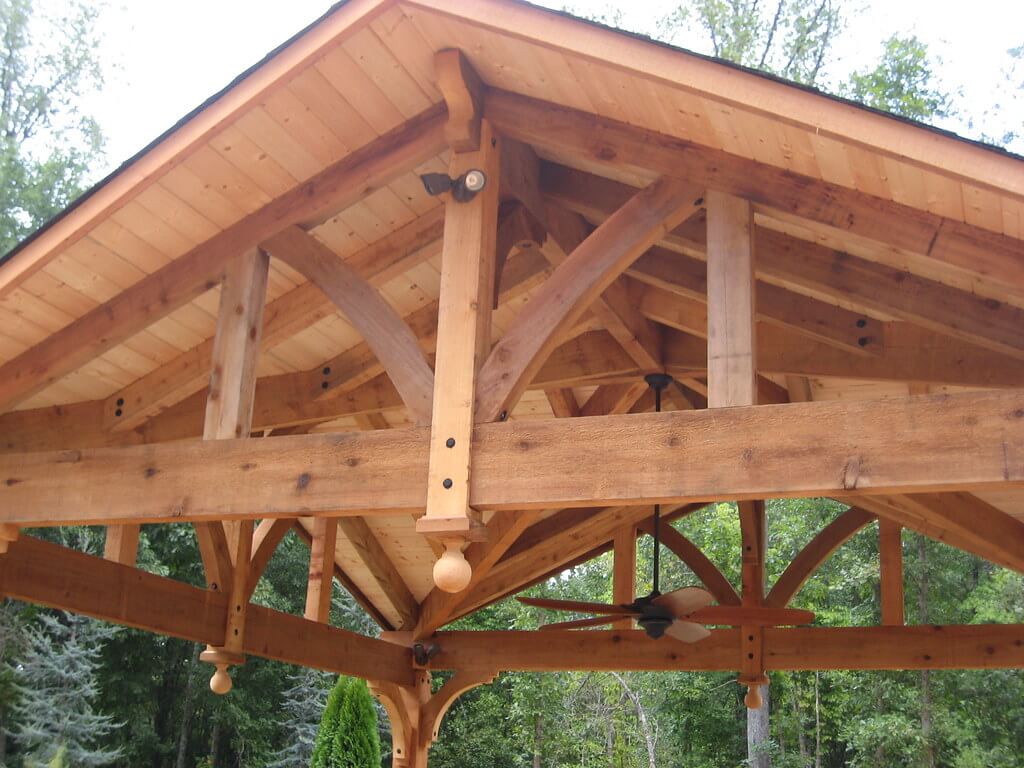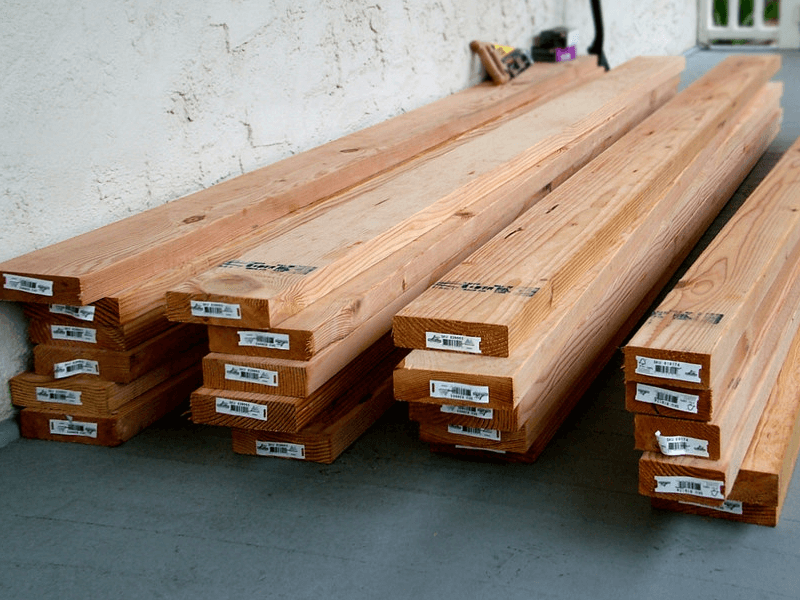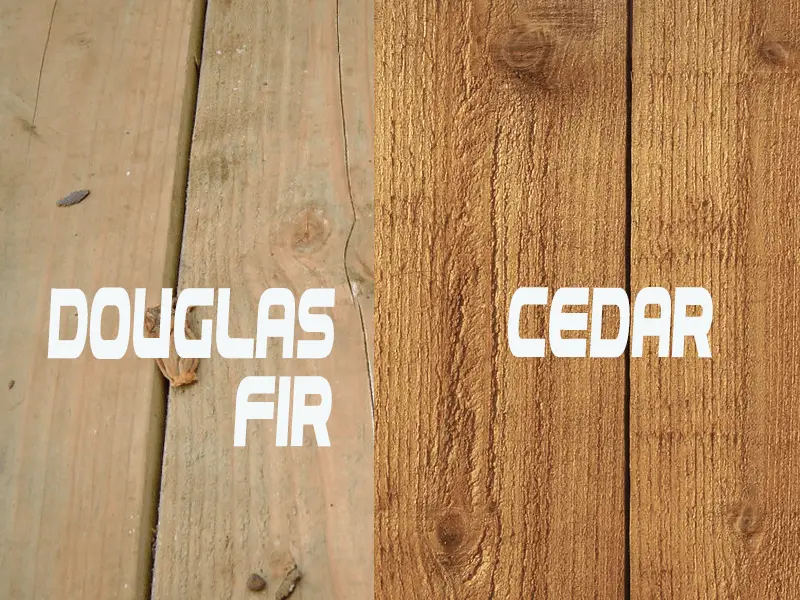When you are trying to choose between two varieties of wood, it can be tough to figure out which one will give you the best bang for your buck. You want something that will last a long time and that provides plenty of great features and benefits, but you also don’t want to spend too much money on it in the process.
Luckily, cedar and Douglas fir are two great options that have some similarities but also have some notable differences between them as well. Here are some things to consider when deciding between cedar vs douglas fir for your next home improvement project.
Related article Cedar vs Pine
What are the characteristics of each wood?
Cedarwood and Douglas fir wood have different characteristics and different purposes. If you’re wondering whether cedar or douglas fir wood is better for your home, consider what you want to use your wood for before choosing which type to use. Is cedar more expensive than douglas fir?: In most cases, cedar will be more expensive than douglas fir.
It is not uncommon for a piece of cedar to cost $10 while a piece of douglas fir costs $5. However, if you are looking at furniture made from both kinds of wood, it may be worth paying extra for cedar because it has a longer lifespan and is less likely to be damaged by water or insects.
Is cedar stronger than douglas fir?:
There isn’t much difference between how strong each wood is—it depends on how each piece was treated during its lifetime. Generally speaking, however, cedar tends to be slightly harder than douglas fir.
Cedar vs Douglas Fir: Advantages and disadvantages
Cedar and Douglas fir are both popular choices when it comes to siding. Though they have similar attributes, cedar tends to be more expensive than douglas fir but much stronger as well. Let’s take a look at some of the advantages of each wood.
Advantages of cedar timber

Cedar timber has been used in homes for centuries. It’s very durable and weather-resistant, meaning it will last for a long time and requires little maintenance to stay looking great.
In addition, cedar is naturally pest-resistant so you won’t need to worry about termites or other bugs eating away at your home. Cedar also has natural oils that repel water, so you don’t have to spend money on regular painting and staining.
Another advantage of cedar is its unique smell—many people find it pleasant, but if you prefer something less pungent then you can opt for Western red cedar instead. This type of wood doesn’t have as strong of an odor as Eastern red cedar.
Disadvantages of cedar
The main disadvantage of cedar is that it’s more expensive than most other softwoods. Like all woods, there are grades of quality, but even among high-quality cedars, there can be price differences of several hundred dollars per thousand board feet.
This doesn’t mean that one grade isn’t as good as another; it just means you’ll need to spend a little more to get premium quality.
Advantages of Douglas Fir lumber

This species has a great deal of strength and can be used to build structures that are both long-lasting and incredibly sturdy. It’s also extremely lightweight, which makes it ideal for home construction.
You’ll love how easy it is to work with and how nice your living space looks once you’re finished. The wood is also resistant to bugs and doesn’t easily get wet, so you don’t have to worry about maintenance issues.
Plus, if you want to sell your house, later on, you won’t have any trouble finding buyers because it retains its value well.
Disadvantages of Douglas Fir timber
Douglas fir is cheaper, making it a popular choice in commercial timber plantations. Its popularity has led to the harvest of young Douglas fir trees which tend to give a lower weaker grades of lumber.
It’s also harder to work with and requires an extensive kiln-drying process. Some other disadvantages of douglas fir include its tendency to warp, splinter, and lose shape over time due to its large pores.
Summary: Cedar vs Douglas Fir what should you buy?
Cedar and douglas fir are both popular choices when it comes to picking out a building material for your new home.
Picking out which one to go with can be tricky though, that’s why we’ve put together a quick and easy guide so you can make sure you pick out what will be best for your needs.
Make sure you read through our cedar vs douglas fir review before deciding which wood would be best.
check out Whitewood vs white pine

